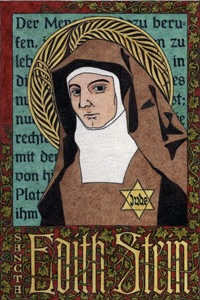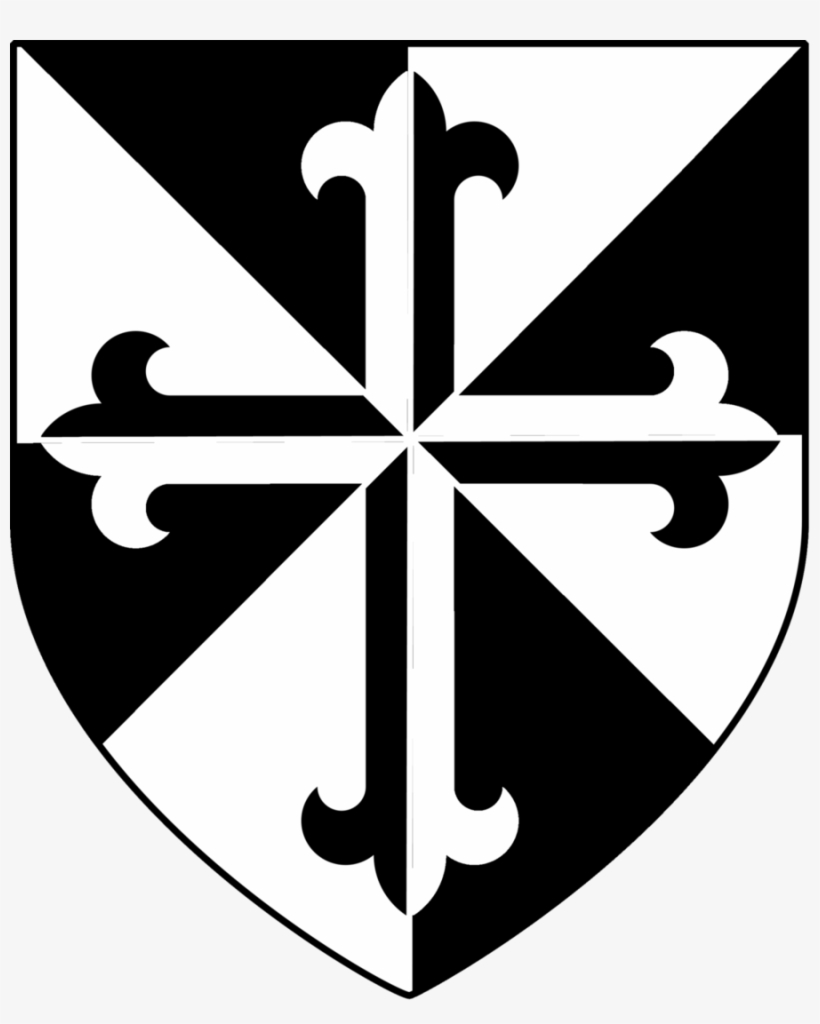These reflections are a result of more than 40 years of ministry as a Roman Catholic priest. Most of these years I spent in the Diocese of Charlotte which covers Western North Carolina. Now I am retired, and live in Medellín, Colombia where I continue to serve as a priest in the Archdiocese of Medellín.

Above the firmament over their heads something like a throne could be seen, looking like sapphire. Upon it was seated, up above, one who had the appearance of a man. Upward from what resembled his waist I saw what gleamed like electrum; downward from what resembled his waist I saw what looked like fire; he was surrounded with splendor. Like the bow which appears in the clouds on a rainy day was the splendor that surrounded him. Such was the vision of the likeness of the glory of the LORD. (Ez 1:2-5, 24-28c)
https://bible.usccb.org/bible/readings/081224.cfm
Sometimes a rainbow is just a rainbow . . . but in the vision of Ezekiel a rainbow is the glory of the Lord. For the next two weeks our Summer of the Prophets comes to a conclusion with the great prophet Ezekiel. In the tragedy of the Exile, Ezekiel sees the promise of restoration when God will write the covenant on our hearts.

I am the bread of life. Your ancestors ate the manna in the desert, but they died; this is the bread that comes down from heaven so that one may eat it and not die. I am the living bread that came down from heaven; whoever eats this bread will live forever; and the bread that I will give is my flesh for the life of the world. (Jn 6:41-51)
https://bible.usccb.org/bible/readings/081124.cfm
The bread that comes down from heaven, bread broken and shared, our Lord Jesus Christ.

Whoever sows sparingly will also reap sparingly, and whoever sows bountifully will also reap bountifully. Each must do as already determined, without sadness or compulsion, for God loves a cheerful giver. As it is written: He scatters abroad, he gives to the poor; his righteousness endures forever. (2 Cor 9:6-10)
https://bible.usccb.org/bible/readings/081024.cfm
Lawrence was the archdeacon of the church of Rome and was in line to become the next pope after Pope Sixtus and the other six deacons were martyred. Lawrence was arrested and ordered to surrender the treasure of the church. When he brought in the poor and declared, “Here is the treasure of the church,” he was condemned to be roasted alive.

Jesus said to his disciples, “Whoever wishes to come after me must deny himself, take up his cross, and follow me. For whoever wishes to save his life will lose it, but whoever loses his life for my sake will find it." (Mt 16:24-28)
https://bible.usccb.org/bible/readings/080924.cfm
Edith Stein was a Jewish convert to Catholicism and later entered the Carmelite Order with the name Teresa Benedicta of the Cross. She was a philosopher and enriched the church with her great wisdom. She died in the Holocaust of WWII at Auschwitz-Birkenau. https://youtu.be/rEMHC_iJ1Ek?si=A2LLlhBTB-j7jZ4Y

The days are coming, says the LORD, when I will make a new covenant with the house of Israel and the house of Judah. I will place my law within them, and write it upon their hearts; I will be their God, and they shall be my people. (Jer 31:31-34)
And so I say to you, you are Peter, and upon this rock I will build my Church, and the gates of the netherworld shall not prevail against it. (Mt 16:13-23)
https://bible.usccb.org/bible/readings/080824.cfm
In our final reading from the Prophet Jeremiah, we hear the promise of a new covenant, written in our hearts, so that everyone can know the Lord. Peter wasn’t chosen for his lovely vestments, nor for the fragrance of his favorite incense, nor for his ability to turn a catchy theological phrase. Peter was chosen because he knew Jesus. Saint Dominic invented a completely new religious order . . . one devoted to proclaiming the Word of God.



